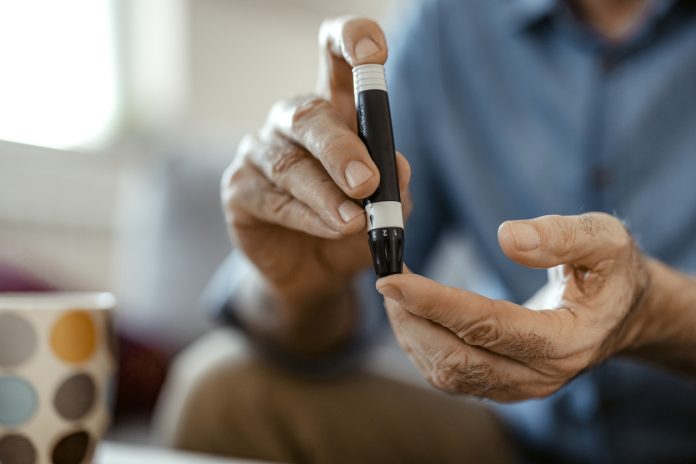Research conducted by the University of Surrey suggests that icodec, a weekly basal insulin injection, might be just as effective when treating type 1 diabetes compared to daily basal insulin treatments
The clinical trial took place over one year and has the potential to bring about a significant transformation in diabetes care, helping millions of individuals with diabetes manage their condition more efficiently
In this groundbreaking research, a multination team from 12 different countries operating across 99 different sites and under the leadership of Professor David Russell-Jones from the University of Surrey conducted a comprehensive examination of the effectiveness and safety of the once-weekly basal injection of icodec, a long-acting insulin variant.
Comparing insulin degludec to icodec
They compared its performance to the daily basal injection of insulin degludec in adults diagnosed with type 1 diabetes. In both groups, insulin was utilised to manage meal-related blood sugar levels.
Professor David Russell-Jones, Professor of Diabetes and Endocrinology at the University of Surrey and a Consultant at the Royal Surrey Foundation Trust, said:
“Many people find managing a long-term condition such as diabetes very difficult and report missing vital insulin injections.
“Reducing insulin injection frequency could lessen the burden of treatment for some people with the condition and improve their glycaemic control.”
Type 1 diabetes is characterised by the body’s inability to produce an adequate amount of hormone insulin. This deficiency leads to increased levels of glucose (sugars) in the bloodstream, increasing the risk of developing heart, eye and kidney disease.
To assess the effectiveness of icodec, 582 individuals with type 1 diabetes were involved in the study. These participants were divided into two groups: the first group received once-weekly injections of icodec at a concentration of 700U/ml. In contrast, the second group received daily injections of degludec at a concentration of 100 U/ml. Both groups also used aspart, a short-acting insulin, during meal times.
HbA1C reduction
At the 26-week mark, researchers observed a reduction in levels of HbA1C in individuals who have received icodec. The initial mean of 7.59 per cent had decreased to an estimated mean of 7.15 per cent.
In the degludec group, the mean had similarly dropped from 7.63 per cent to 7.10 per cent. The estimated difference in treatment outcomes between the two groups was 0.05 per cent, highlighting that icodec is non-inferior to degludec in terms of effectiveness while significantly decreasing the injection frequency required by patients to manage their condition.
Treatment conclusion
The research also revealed a higher occurrence of hypoglycemic episodes (unusually low blood glucose levels) in the group that received icodec compared to degludec group. In both groups, the incidence of these episodes was low, and most instances were manageable with oral carbohydrate intake.
In the case of icodec the time spent with blood glucose levels below 3.0 mmol/L approached the internationally recommended thresholds during weeks 22-26 and fell below the recommended targets during weeks 48-52.
Professor Russell-Jones noted that the findings indicated that once-weekly icodec injections are not inferior to once-daily degludec injections in reducing HbA1C levels after 26 weeks.
While there is a slightly increased incidence of hypoglycemia with the icodec regimen, they have determined that this can be effectively managed.
This new insulin may play a significant role in reducing the daily basal injection burden for patients who are managing type 1 diabetes.











